A CEO, Transformed
PART I
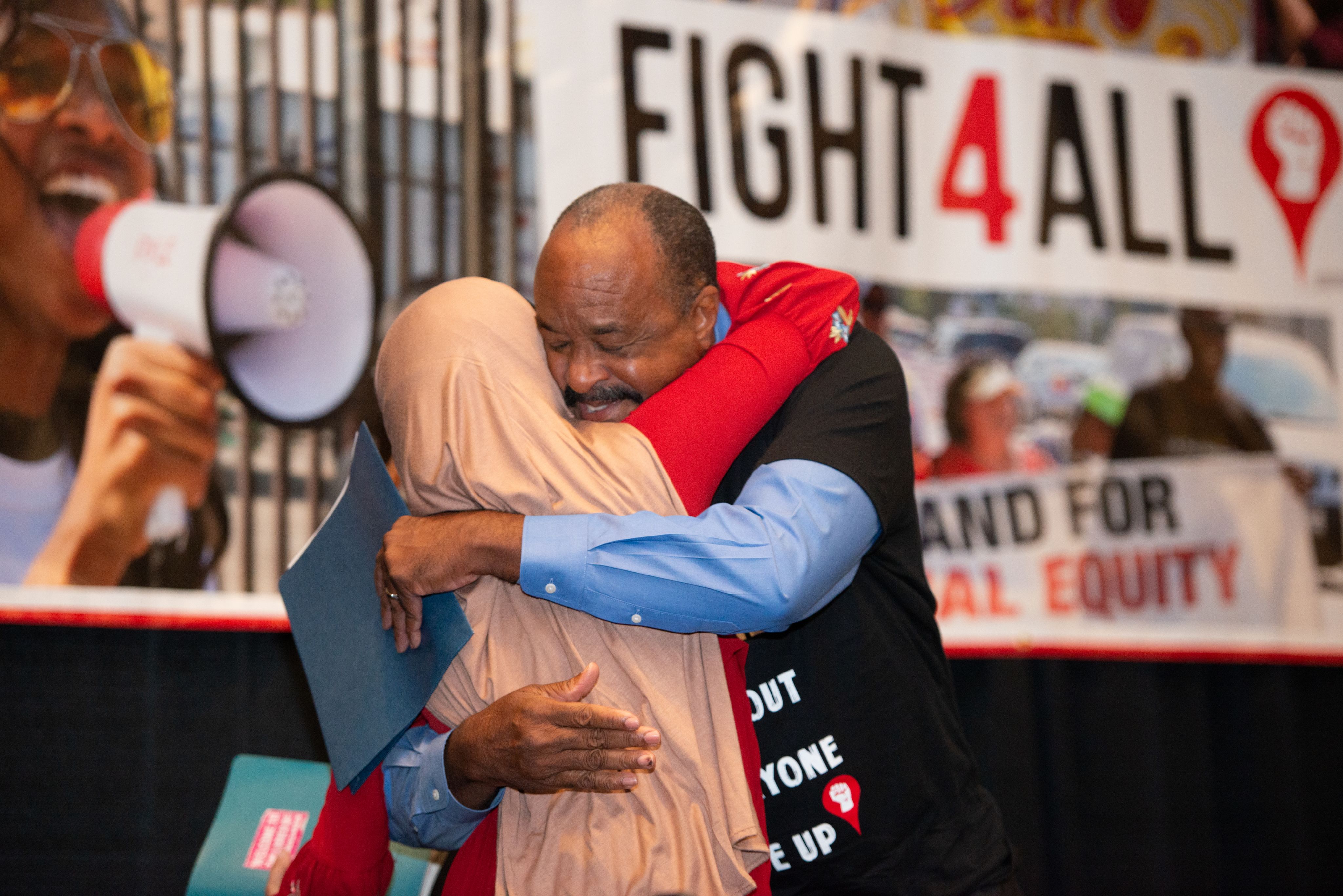
Metamorphosis: A change of the form or nature of a thing or person into a completely different one; to transform, to change shape
This is part one of two articles inspired by my 23-year run at The California Endowment. As I prepare to vacate my role as president and CEO in 2024, I wanted to share what leadership could look like at the nexus of philanthropy, social and racial justice. Special acknowledgment to Angela Glover Blackwell, Cornel West, and Shawn Ginwright for their thought leadership and work that provided inspiration for me to write this piece.
People Power: The California Endowment’s Big Shift
In 2000, I arrived at The California Endowment, a health foundation birthed from the for-profit conversion of California Blue Cross. Our role was to help fill the gaps and gaping holes for poor and marginalized communities left by our nation’s health system. Those early years were focused on access to care and services. Occasionally, the foundation made an “innovation” grant to make a broken health system work a bit better. Most of our grants were “charitable” in orientation, perhaps nudging for incremental change.
The founding board of The Endowment emphasized engaging and listening to the community. Thanks to the wisdom of community leaders and program staff, we began to invest in change efforts rather than charity. These early “change” investments funded advocacy groups, community organizing, and activism pushing for structural and systemic reforms. When I hit the five-year mark, my strategic mindset as a CEO began to shift from services and charity towards advocacy and activism, with the community in the driver’s seat. The next few years, the board and staff explored advocacy and activism – what eventually became “People Power” – as the centerpiece of our strategy.
As a result, in 2010, The Endowment launched a 10-year Building Healthy Communities campaign. We anticipated outcomes transforming communities into healthier ones. What we did not anticipate was just how much The Endowment would be transformed. And I, too, would be transformed.
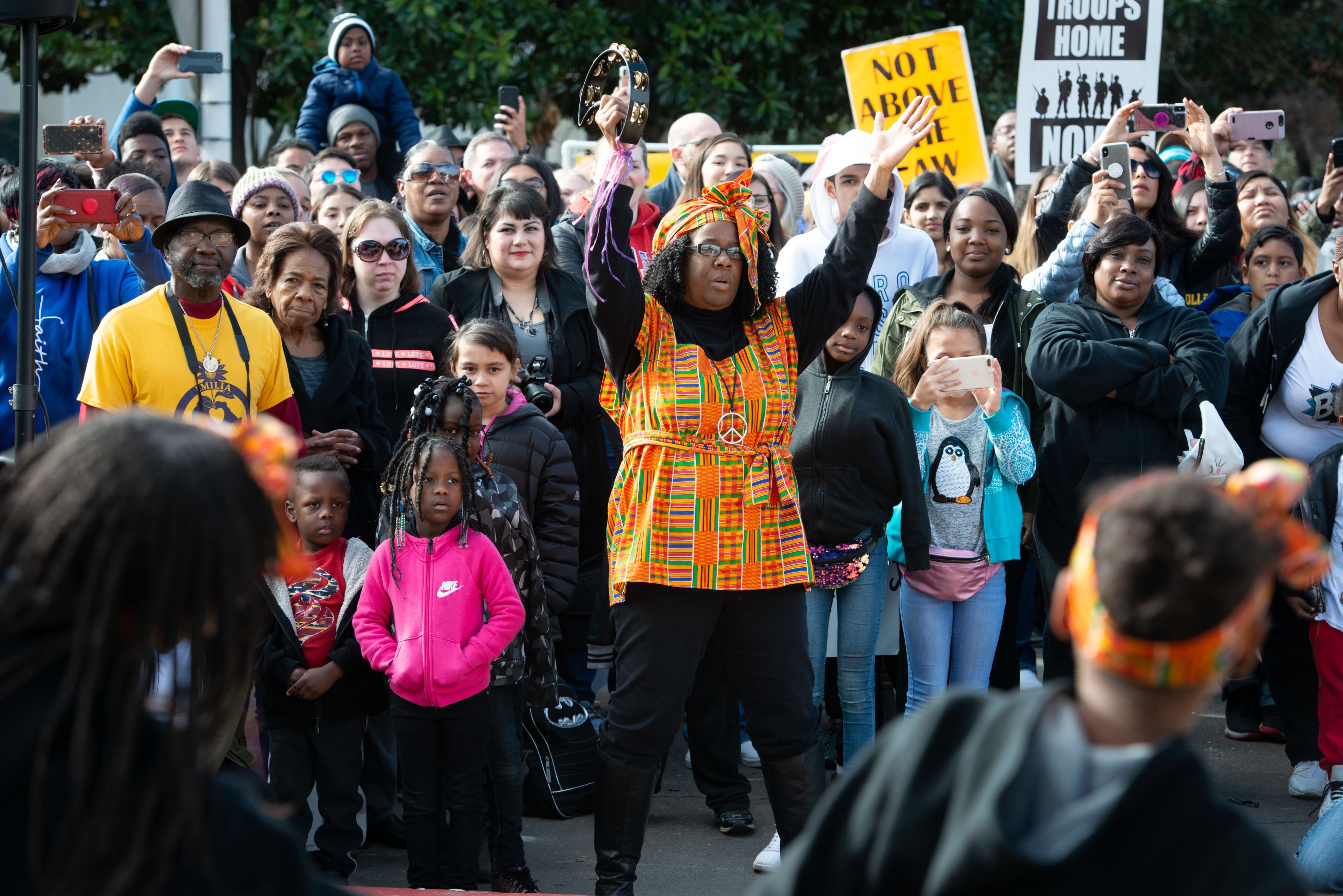
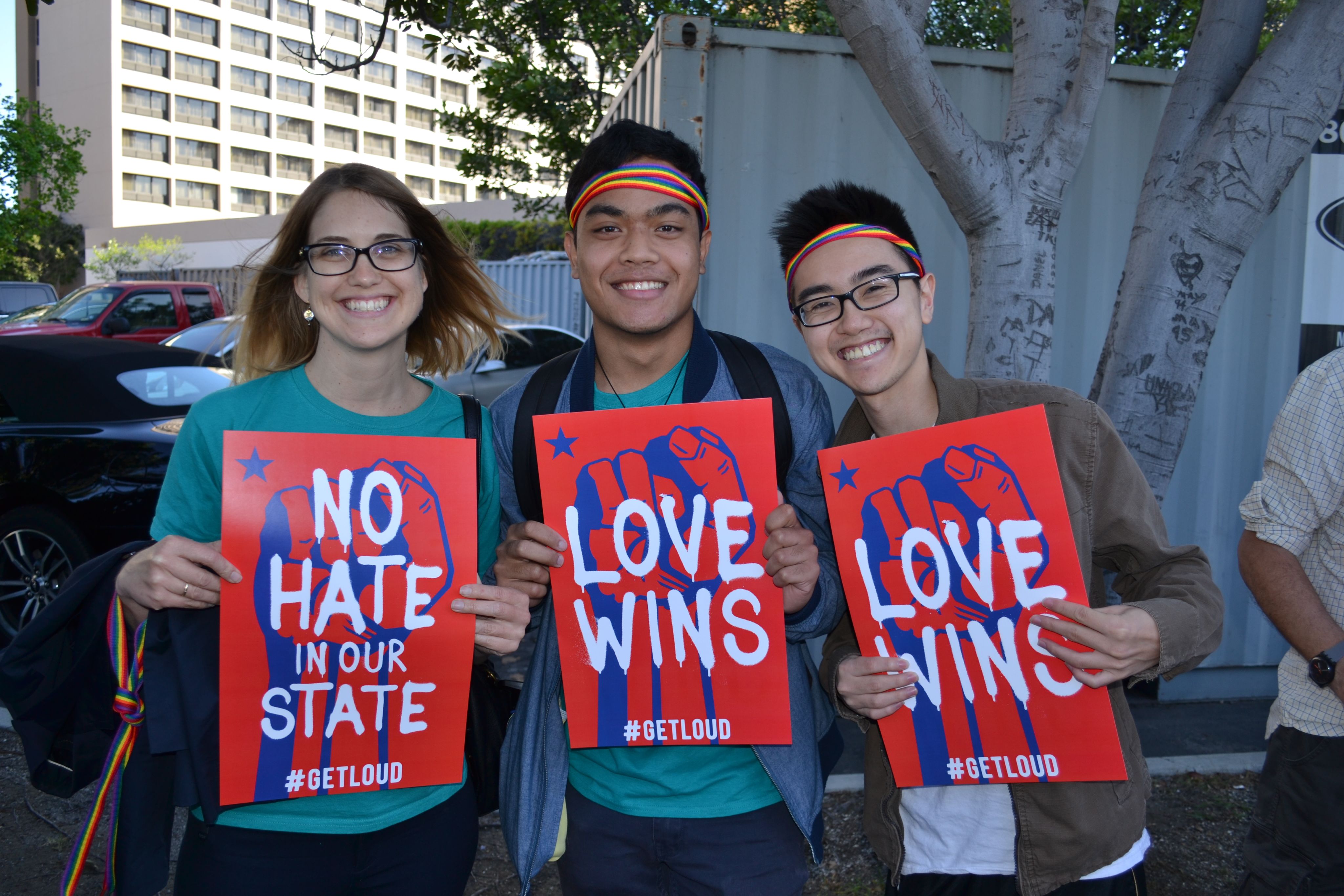
Transformation and The Role of Spirituality
The twin pillars buttressing my transformation are humility and spirituality. For most of my time in philanthropy, I have been a closeted spiritualist. In progressive circles, there is a hazard in professing to be spiritual. The centuries-long history of intolerance, bigotry, persecution, and genocide prosecuted by despots, fascists, racists, and misogynists in the name of religion is, indeed, prodigious. In recent years, the evangelical community has rallied around Trumpian anti-Black, anti-immigrant, anti-Queer politics. So, not surprisingly, progressives often shy away from a spiritual or faith-anchored orientation. Given this understanding, I treaded carefully and kept these sentiments to myself.
In recent years, I have been more open. My faith and spirituality kept me grounded and moving forward as a caring -- and, hopefully, effective CEO -- throughout the loss of my wife to breast cancer, my own brush with cancer, the COVID pandemic, the Trump years, and the uprisings on the heels of the murder of George Floyd and Breonna Taylor.
Reading about the Civil Rights Movement, approving a social justice-minded grant, visiting a program contributing to transformational change, and attending faith services have brought me inspiration and spiritual joy. These practices have sustained my faith in social justice and racial equity work, no matter how terrible the news headlines or election results are. Investing in and observing the work of community organizers is truly fuel for optimism.
We who are fortunate enough to endeavor in the field of philanthropy should pause to assess our sense of humility, gratitude, and spirituality. The “Phil” in the word philanthropy is derived from the Greek word for “loving.” Love, as in Dr. Martin Luther King’s singular aspiration for our nation is “The Beloved Community.” For me, this remains the shining city on the hill to which our nation must aspire.
Much has been written about how CEOs need to be clear-eyed, pragmatic, and data-driven. I contend foundation CEOs also need to be faithful, optimistic, and unapologetic about loving whom they serve. As Cornel West says, “You can’t lead the people if you don’t love the people.” Love and spirituality should be core anchors for foundation CEOs and the organizations we lead to build power, voice, inclusion, and equity.
For me, the matter of belonging and community are tenets of God’s work – whomever you believe God to be – and ought to be foundational to philanthropy. Rapacious capitalism and structural racism seem to have the lion’s share of allies, structures, and resources. Making an inclusive and multiracial democracy work is more than political science curiosity; it is the highest achievement of humankind. Full inclusion and belonging are how we draw nearer to God – or godliness -- as a society. Foundations need not mention “God” or “spirituality” to model this ethos, but must assert the vision and invest in those who labor to make the world more inclusive.
When faith, love, and spirituality have a role in our work, there is a possibility of transformation. That is particularly true when the political and systemic odds – the economy, health system, public education, housing, and criminal justice – are so heavily weighted against meaningful change. Social and racial justice are, by definition, uphill fights.
Institutional Transformation: Seeing Grantees as Architects
Humility, trust, and deep listening with grantee partners catalyzed our institutional transformation. We rolled out the Building Healthy Communities campaign selecting communities that have historically endured structural racism and inequality. As a ten-year, $1 billion effort, the campaign was projected to be the largest nationally privately funded investment in the social determinants of health. Our goal was to help communities transform and achieve better health, particularly for young people. When it comes to health in America, place matters. Research shows that one of the most powerful predictors of health status and life expectancy across our nation is one’s zip code.
However, during the planning and rollout phase, we came across as too “top-down” in community engagement meetings, presenting predetermined sets of community health outcomes and a pre-cooked logic model across several of the 14 sites. Community leaders pushed back and we hit the pause button. Our program staff told us to pull the plug and start over. So, we did.
I shared the news with our Board of Directors. They responded with patience and understanding, urging me and the staff to remain in active learning and take the time to get it right with the community. We ditched the pre-cooked logic model and predetermined outcomes and became better listeners and partners. There was no finger-pointing, just candid and constructive exchange about the path forward.
In hindsight, our philanthropic arrogance was obvious, but in the organic evolution of our strategic approach, it seemed justifiable. After all, we couldn’t start a bold 10-year, $1 billion foundation investment without a clear sense of what we hoped to achieve and how we intended to achieve it with the best experiential data and research in the field. But, in our planning, we undervalued the experiential wisdom of community and grassroots leaders most proximate to racial and health injustice.
While it did not happen overnight, we pivoted towards meaningful listening, engagement, and trust. We commissioned evaluation assessments that focused on the experiences and perspectives of grantee partners. Evaluation partners Dr. Manuel Pastor and Jennifer Ito at the University of Southern California were essential in conveying the grantees’ experiential truths.
In the months and years that followed, community leaders and grassroots organizers began to trust us. The impact, outcomes, and lessons that unfolded were extraordinary. Our partners and community leaders demonstrated that grantees are not “merely” supplicants for grants and resources; rather, they are the architects of reimagined health destiny. We move forward with community partners at the speed of trust. With the affirmative urging of our staff, we admitted our mistakes and applied those learnings for the future.
Read Dr. Ross’ next article in October to learn how The California Endowment utilized deep listening and helped build people power in communities to create systemic transformation.
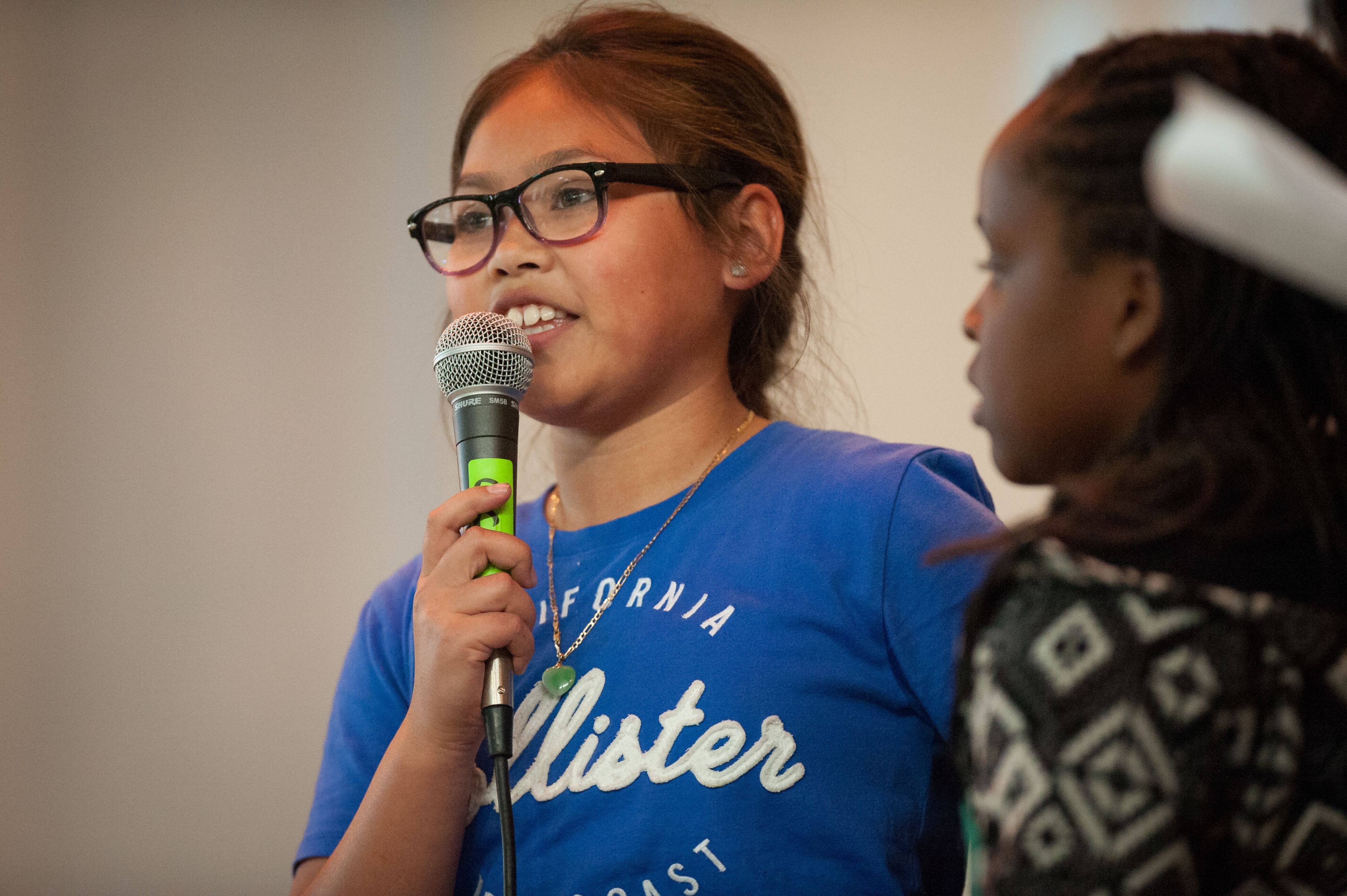
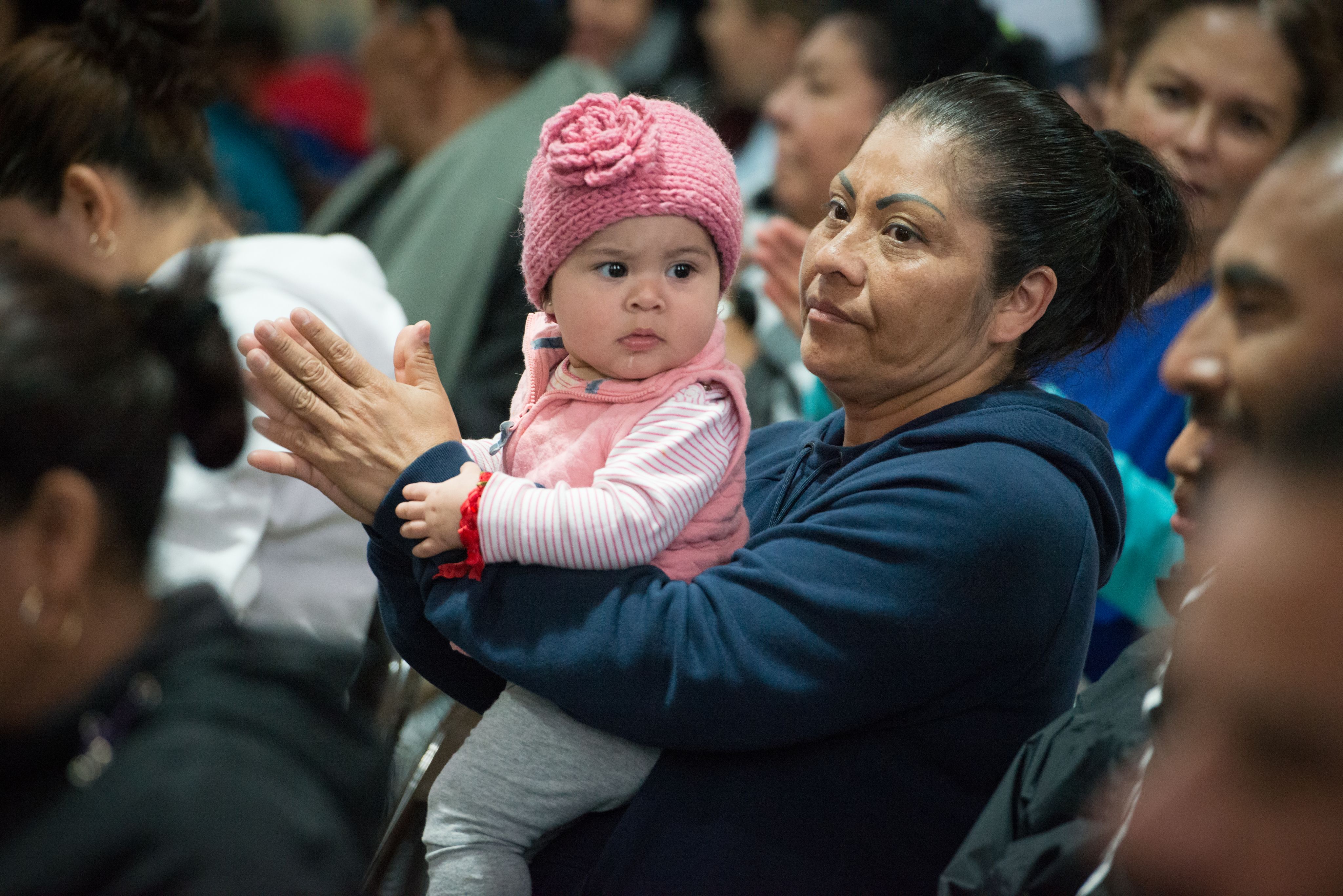
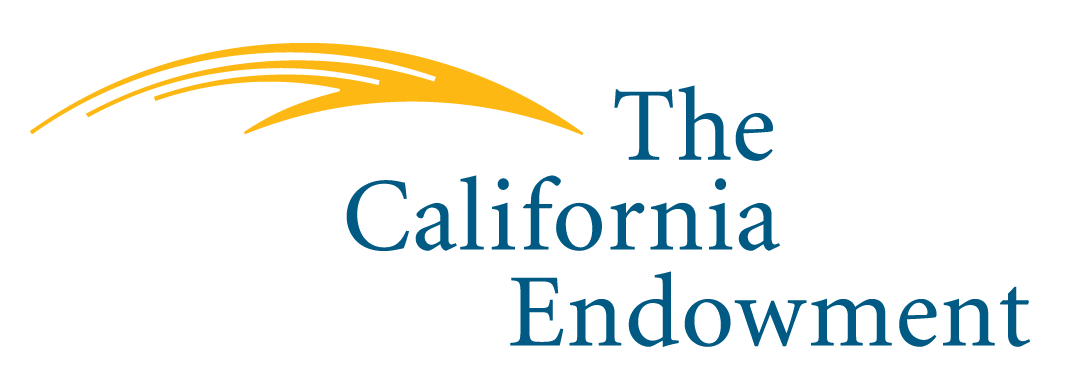
This content was paid for by The California Endowment. The editorial staff at The Chronicle had no role in its preparation. Find out more about paid content.


